Portal:Marine life
The Marine Life Portal Killer whales (orcas) are highly visible marine apex predators that hunt many large species. But most biological activity in the ocean takes place with microscopic marine organisms that cannot be seen individually with the naked eye, such as marine bacteria and phytoplankton. Marine life, sea life, or ocean life is the plants, animals and other organisms that live in the salt water of seas or oceans, or the brackish water of coastal estuaries. At a fundamental level, marine life affects the nature of the planet. Marine organisms, mostly microorganisms, produce oxygen and sequester carbon. Marine life in part shape and protect shorelines, and some marine organisms even help create new land (e.g. coral building reefs). Marine invertebrates exhibit a wide range of modifications to survive in poorly oxygenated waters, including breathing tubes as in mollusc siphons. Fish have gills instead of lungs, although some species of fish, such as the lungfish, have both. Marine mammals ( e.g. dolphins, whales, otters, and seals) need to surface periodically to breathe air. (Full article...) Marine biology is the scientific study of the biology of marine life, organisms in the sea. Given that in biology many phyla, families and genera have some species that live in the sea and others that live on land, marine biology classifies species based on the environment rather than on taxonomy. (Full article...)
|
Topics
List articles
- List of aquaria
- List of AZA member zoos and aquariums
- List of botanists
- List of cetaceans
- List of dolphin species
- List of ecologists
- List of ecoregions
- List of mangrove ecoregions
- List of marine aquarium fish species
- List of porpoise species
- Ramsar list of wetlands of international importance
- List of Ramsar sites in Scotland
- List of Ramsar Wetland sites in Pakistan
- List of sharks
- List of Ramsar wetlands of Thailand
- List of regional bird lists
- List of regional mammals lists
- United States Fish and Wildlife Service list of endangered species
- List of whale species
- List of zoos
Categories
- Major Fields of Marine Biology: Marine Biology - Ecology - Zoology - Animal Taxonomy
- Specific Fields of Marine Biology:Herpetology - Ichthyology - Planktology - Ornithology
- Biologists:Zoologists - Algologists - Malacologists - Conchologists - Biologists - Marine Biologists - Anatomists - Botanists - Ecologists - Ichthyologists
- Organisms:
- Plants: Algae - Brown Algae - Green Algae - Red Algae - Edible seaweeds -
- Invertebrates:Cnidarians - Echinoderms - Molluscs - Bivalves - Cephalopods - Gastropods
- Fish: Fish - Bony fish - Lobe-finned fish - Ray-finned fish - Cartilaginous fish - Electric fish - Fish diseases - Rays - Sharks - Extinct fish - Fictional fish - Fisheries science - Fishing - Fishkeeping - Live-bearing fish
- Reptiles and Amphibians: Marine reptiles - Sea turtles - Mosasaurs - Sauropterygians
- Mammals: Marine mammals - Cetaceans - Pinnipeds - Sirenians
- Misc.: Aquariums - Oceanaria - Agnatha - Endangered species - Aquatic biomes - Biogeographic realms - Aquatic organisms - Cyanobacteria - Dinoflaggellates
Selected image

Cuttlefish are sometimes called the chameleon of the sea because of their remarkable ability to rapidly alter their skin colour at will. Their skin flashes a fast-changing pattern as communication to other cuttlefish and to camouflage them from predators.
More on the cuttlefish
 See also
See also 
For additional lists of marine life-related featured articles and good articles see:
- WikiProject Cetaceans § Featured and Good Content
- Portal:Fish/Recognized content
- Portal:Sharks/Selected articles
Associated Wikimedia
The following Wikimedia Foundation sister projects provide more on this subject:
-
 Commons
Commons
Free media repository -
 Wikibooks
Wikibooks
Free textbooks and manuals -
 Wikidata
Wikidata
Free knowledge base -
 Wikinews
Wikinews
Free-content news -
 Wikiquote
Wikiquote
Collection of quotations -
 Wikisource
Wikisource
Free-content library -
 Wikiversity
Wikiversity
Free learning tools -
 Wiktionary
Wiktionary
Dictionary and thesaurus
WikiProjects
![]() The Wikiproject associated with this portal is the Marine Life WikiProject
The Wikiproject associated with this portal is the Marine Life WikiProject
Other WikiProjects include:
- Biology
- Oceans
- Tree of Life
- Birds
- Mammals
- Cetaceans
- Fishes
- Sharks
- Fisheries and fishing
- Amphibians and Reptiles
- Plants
- Cephalopods
- Gastropods
- Monotremes and Marsupials
Tasks
Have a look at the Marine life WikiProject and sign up.
 |
Here are some tasks you can do, as organized by The Marine life Wikiproject:
|
-
 List of all portalsList of all portals
List of all portalsList of all portals -
 The arts portal
The arts portal -
 Biography portal
Biography portal -
 Current events portal
Current events portal -
 Geography portal
Geography portal -
 History portal
History portal -
 Mathematics portal
Mathematics portal -
 Science portal
Science portal -
 Society portal
Society portal -
 Technology portal
Technology portal -
 Random portalRandom portal
Random portalRandom portal -
 WikiProject PortalsWikiProject Portals
WikiProject PortalsWikiProject Portals


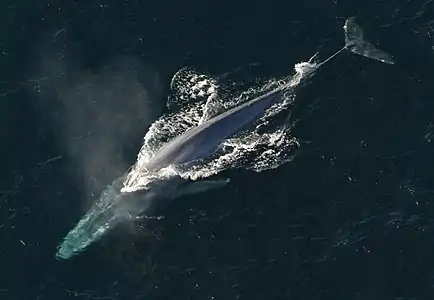












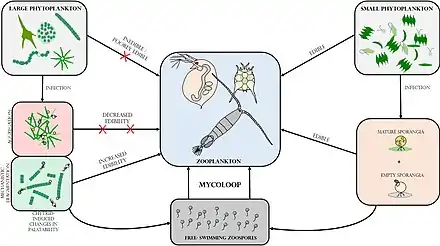





_Figure_3.jpg.webp)








![Image 19Pennate diatom from an Arctic meltpond, infected with two chytrid-like [zoo-]sporangium fungal pathogens (in false-colour red). Scale bar = 10 µm. (from Marine fungi)](../I/Pennate_diatom_infected_with_two_chytrid-like_fungal_pathogens.png.webp)










.jpeg.webp)















.jpg.webp)









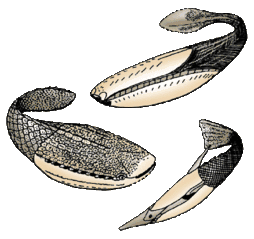














_Figure_4_(cropped-female).jpg.webp)















.jpg.webp)
_-_geograph.org.uk_-_785899.jpg.webp)
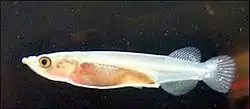
.jpg.webp)





_999_(30695685804).jpg.webp)
.jpg.webp)

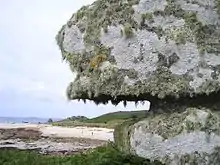





.png.webp)

















